If You Want to Be Happy for the Rest of Your Life, Optimize It with Scientific Design
If You Want to Be Happy for the Rest of Your Life, Optimize It with Scientific Design
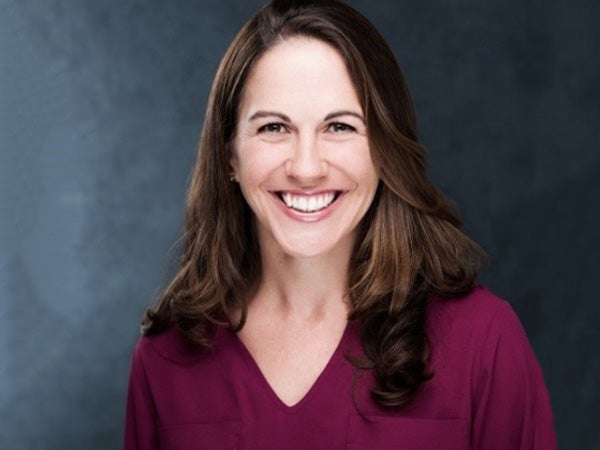
Mogilner Holmes believes the goal of increasing happiness won’t just benefit the individual; it carries through to advance business and society at large. The objective of her course Applying the Science of Happiness to Life Design is (seemingly) simple: to help students thrive in their personal and professional lives. To this end, Mogilner Holmes pulls insights from the last three decades of research in psychology, neuroscience and behavioral decision making, as well as some of her own research, to provide students with a set of ideas and tools to apply to improve their day-to-day living and the design of their careers and lives overall.
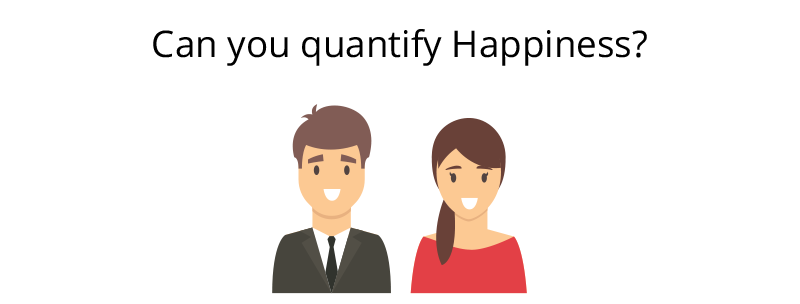
Q: We teach a lot of practical core classes at UCLA Anderson, like marketing, finance and strategy. Yours is a course on happiness. Why do you feel it's important that Anderson offer this class, and what motivates you to teach a class about happiness?
We're catching students early in their careers. Most classes address the practicality of getting a job and maybe those first five years on the job. What this class is looking to do is optimize and improve one's professional life, not just [when] getting the job or [in] those first few years, but throughout entire careers.
More than that, this class also impacts students' personal lives and their well-being. Our students are amazing, they're going to go on and build and lead companies. And to the extent that they understand what drives their personal well-being, they can integrate that knowledge into their organizations and their leadership styles so that they can improve and inspire the lives of their employees.
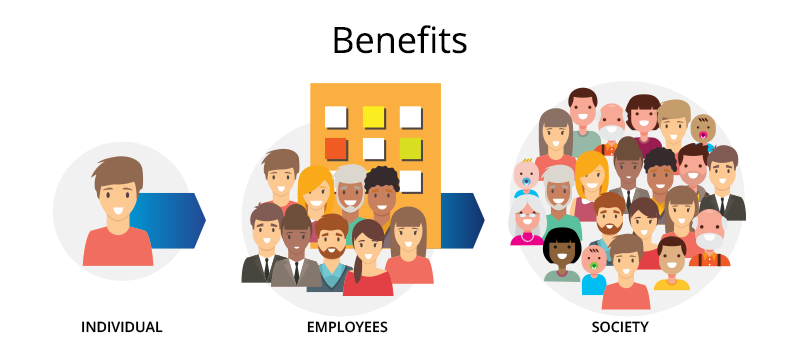
The thing that I'm really excited about is, when people have succeeded without question professionally, then these sorts of leadership and life questions really come into play. By using empirically based insights and research, we're giving them information and tools so that they can make decisions that are right for them, are sustainable and helping to improve their life overall.
Q: Can you describe some of the class assignments and their significance?
The course is structured so that the first half of it is about optimizing one's day-to-day life, and then it goes on to optimizing students' professional lives and ultimately integrating across them and optimizing for their life spans.
In the first half of the quarter each week, they have an assignment that is experiential. I show them the research and findings that show these experiences have a positive influence. What I want students to do is actually experience these different things so that they can reflect on the impact.
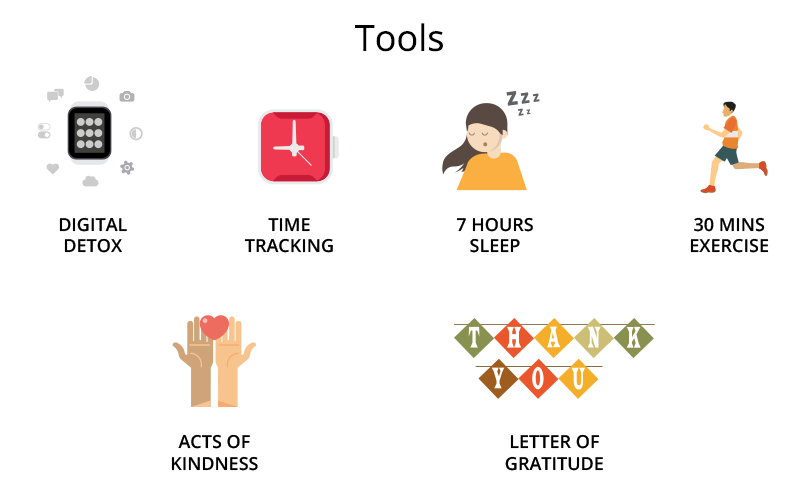
For instance, the first week, students underwent a "digital detox" - going six hours without checking their phones or using their computers. It's really interesting, they were very anxious going into it and a lot of them talked about anxiety within their first hour, just this feeling of, "Oh my gosh, what if someone has to get hold of me? I need to be available and I need to be productive."
What was so cool was actually seeing that as they settled down and stopped doing their behavioral twitch of reaching for their phone every 10 minutes, they actually became far more connected to what they were doing and the people that they were doing it with. And that led to, even in hindsight, greater productivity because they were thinking bigger and thinking deeper. Many of them said that despite their anxiety and freak-out of going into this, they're going to integrate some version [of it] into their lives.
Following that assignment came "time tracking," which was also super interesting. I have them track their time for two weeks and assess basically how they felt while doing each activity so that they can then go back and look at which are good uses of time, what's wasted time. The idea there is, if you're trying to get out of debt, you track how you spend your money; if you're trying to lose weight you track calories. So, in this case, if you wanted to use your time better then you tracked how you spent it.
I also assigned the students in the class to perform random acts of kindness, one for someone they knew and one for a stranger. The act could be big or little. They really loved it. One student, who worked at a café, paid for the drink order of the person behind her in the drive-through. She found out later that that "act of kindness" led to a chain of 15 cars' paying for the person behind them. I also had them write a gratitude letter, expressing to someone how they impacted the student's life.
Q: What else can students look forward to in the course?
In the second part of the class we turn from optimizing day-to-day happiness to optimizing students' job experience through job crafting. It culminates in the last class, where they integrate what they've learned and experienced into a five-year life plan to put those things into action.
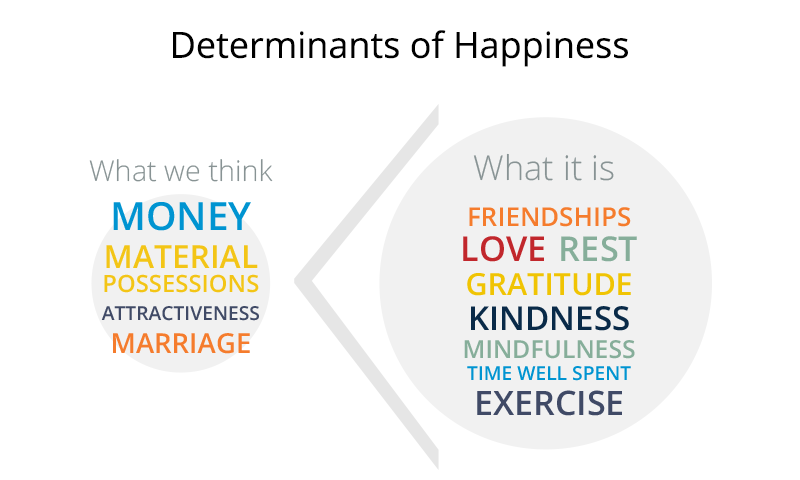
Q: You conducted a sleep assignment in which you asked students to get at least seven hours of sleep four nights in a row, and another assignment that tasks students with getting at least 30 minutes of exercise per day. What was the goal?
Sleeping more is a good thing, of course, and exercise is a good thing. But do we make time for it, do we prioritize it? No, these students have a million competing obligations and this forces them to actually carve out time for these activities. It's very productivity-oriented, so they'll actually do them and then see the impact. What I'm hoping is that the assignments change their behavior going forward and they see how important it is to carve out the time to get enough sleep and just move a little more and see the positive impact makes them more effective and productive.
Q: Is happiness self-defined or have you tried to quantify the definition?
It is self-defined. I'm asking them how they feel in the moment - high positive effect, low negative effect - but it also involves sort of an overall evaluation of how they're doing. It's not just this fleeting moment, but also a sense of "How am I doing in life?" The research shows that the things people think will make them happy like money, stuff, attractiveness, even getting married don't necessarily lead to happiness. The things that do lead to happiness include time management, gratitude, being nice, close relationships, exercise, getting enough sleep, meditation and mindfulness.